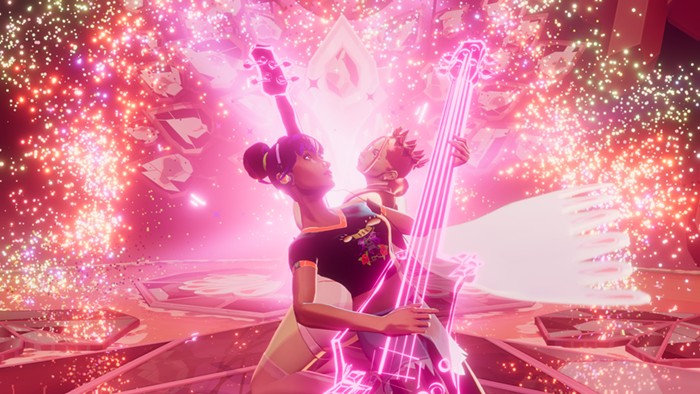People have been flooding the streets and obsessively playing Pokémon Go, an augmented reality game that launched last week.
As fads go, internet media has, naturally, exploded with think-pieces about the new game. (Some have been more insightful than others.) Reporters have criticized PoGo enthusiasts for being so focused on the app that they've been robbed and even stabbed.
The game might seem silly to some, but we shouldn't be so quick to knock it. According to anecdotal evidence from a number of Pokémasters-in-training, the augmented reality game has been helping them cope with mental health issues, including anxiety and depression.
#PokemonGO has changed me so much for the better in only a week. Dealing with BPD, depression& anxiety it has helped me get out of the house
— Lara (@38Violetqueen) July 11, 2016
@StickySheepu I've been feeling better about being outside my comfort zone even tho I look like a fool catching Pokemon
— •Shep (@StickySheepu) July 10, 2016
@jasonjarmoosh yep. I've had a rough time mentally recently but today I got Pokemon GO and spent the day exploring and it was great
— Dan (@BasementDan) July 9, 2016
I've made so many new friends with #PokemonGO, it's helped my social anxiety, and I'm actually getting out. This is more than just a game.
— Brandon Evans (@Brandon21Evans) July 11, 2016
Buzzfeed News' Alicia Melville-Smith interviewed a few other players who shared their stories. Here's what Sophia, 31, had to say:
“I started playing Pokémon Go because I needed help to distract myself,” she said.
“I’m very introverted. It’s mostly due to my facial deformity. I very rarely strike up a conversation with someone out of fear that they might not want to talk to me. But with Pokémon Go I feel OK. I can actually talk to people and not be afraid of rejection. And having the chance to talk to someone is exactly what I need right now."
In addition to lowering barriers to conversation, the game also forces players to go outside and get some exercise by walking around in search of elusive Clerfairies and Growlithes, among other creatures. Because of this, the game, can actually benefit people's mental health, Dr. John Grohol, who studies technology's impact on human behavior and mental health, told Engadget.
"The research is really, really clear on this, that the more you exercise, the more it would help decrease feelings of depression," he says. "It actually works as an anti-depressant and it has a really, pretty strong effect. It's probably one of the most beneficial things a person with depression can do, especially if they're not accessing other types of treatments, such as psychotherapy or medication." ...
"It helps a person not even think of it as helping their mood because it's not targeted toward their mood. It's a game," Grohol says. "Because of the way that they've created the gaming dynamics, they've actually created a very strong reinforcement for people to go out and become more active."
While Pokémon Go is no replacement for an actual therapist, it has brought communities together to celebrate something fun and nostalgic. After a devastating week, for some, this game—a temporary distraction from the real world—could be much needed.














